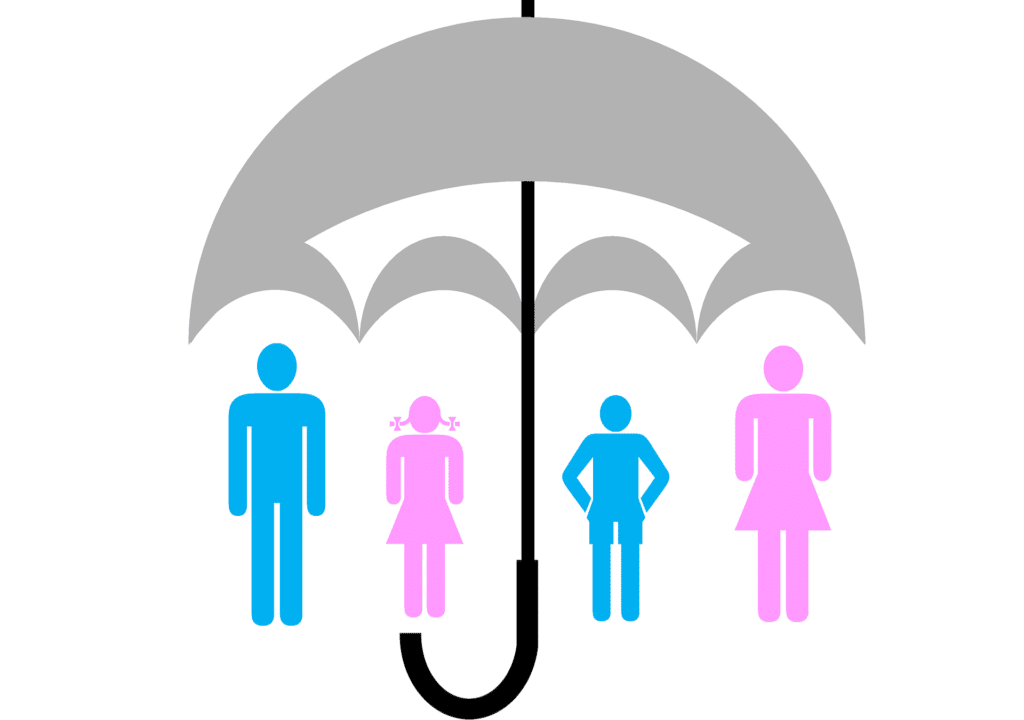An umbrella insurance policy is an insurance policy that provides additional liability coverage above and beyond the limits of your homeowner’s, auto, or watercraft insurance policies.
An umbrella policy kicks in when you have exhausted the liability coverage on your other policies and can help protect your assets and income in the event that you are sued for damages.
Most people don’t think they need umbrella insurance because they have never had a serious accident or been sued. But if you are found liable for an accident, the costs can quickly add up – especially if there are multiple injuries involved. Even a simple fender bender can result in a lawsuit if someone is injured and decides to sue you for damages. If you don’t have enough liability coverage, you could be forced to sell your home or other assets to pay off the judgment against you.
Umbrella insurance is relatively inexpensive – especially when compared to the cost of losing everything you’ve worked so hard for. A typical umbrella policy costs less than $200 per year and will provide $1 million or more of protection above the limits of your underlying homeowners, auto, or watercraft policies.
If you own a home, have significant savings or investments, own a business, or participate in activities that carry a higher risk of accidents (such as skiing), then Umbrella Insurance should be something to consider adding to your overall protection plan
Umbrella insurance policies are typically used to protect the policyholder’s assets in the event of a lawsuit.
However, they can also provide coverage for expenses related to personal injury, property damage, and even certain types of slander and libel.
Umbrella insurance policies can be worth the investment for individuals with a high net worth or those who are at a greater risk of being sued. For example, business owners, professionals, and people who live in high-crime areas may all benefit from having an umbrella policy in place.
Umbrella insurance policies typically have a much higher limit than the policyholder’s other insurance policies. For example, a policy with a $1 million limit is not uncommon. This high limit can provide significant peace of mind in the event of a lawsuit, as it can help to ensure that the policyholder’s assets are protected.
While umbrella insurance policies can be a great asset, it’s important to remember that they are not a replacement for a primary insurance policy. Umbrella policies are only designed to provide coverage in the event that the policyholder’s other policies are not enough. As such, it’s important to maintain adequate coverage on all of the policyholder’s other insurance policies in order to ensure that the umbrella policy will have something to cover.




